
You likely imagine a dog is happiest when running in an open park. The truth is that not all canines are comfortable with this setting. Some breeds don’t enjoy being around other people and animals, and they prefer a quiet, one-on-one relationship with their owner.
Although dog parks seem to be the best place to socialize, it can be highly stressful for certain breeds. These dogs can be territorial or simply have a low-tolerance for other pets. Understanding your dog’s needs and nature is important before taking them to a busy dog park.
Knowing this can help avoid anxiety, conflict, or aggression in your dog, resulting in a more harmonious, happier life together. On that note, here are 8 dog breeds that can’t stand other dogs
1. Akita – Powerful and Independent
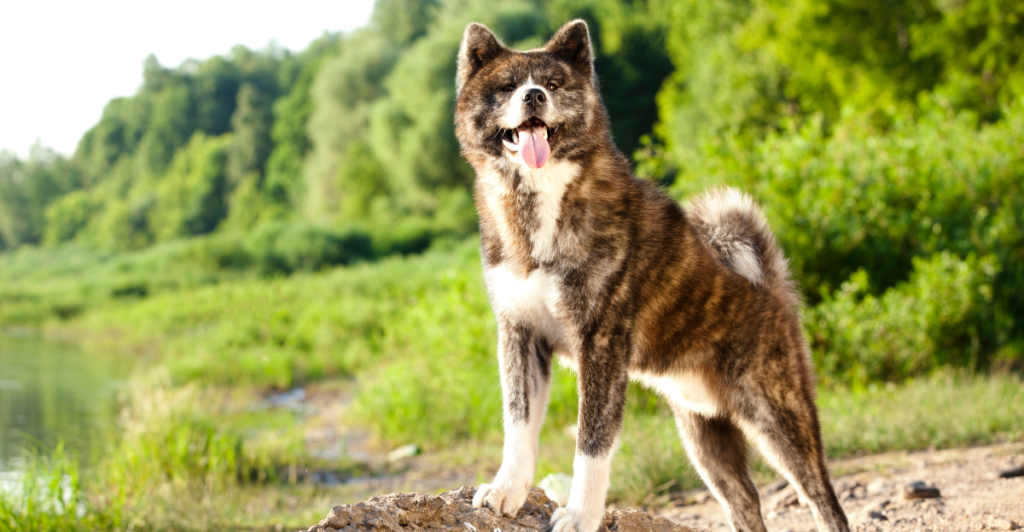
The Akita is a strong, independent dog originally bred for guarding and hunting. While these dogs are highly devoted to their owners, they don’t make good companions for other dogs.
Akitas are possessive and can show aggression, mostly to same-sex animals. Their boisterous guarding nature makes them prone to defending their territory, thereby causing discord to others in packs.
Even though they can live with other pets if introduced well, most Akitas prefer a serene home with one human companion. Knowing the breed’s temperament will assist you in creating order in your home environment.
2. Chihuahua – Small but Sassy

Chihuahuas are small but spunky, with enormous personalities in tiny packages. Though they are small, they are possessive and territorial and will fight other dogs. Chihuahuas have an inflated ego, and when they feel threatened, they can become aggressive.
They can be socialized with other animals, but like many dogs, they prefer to be the sole attention-getter and do not want to share their territory.
It’s important that early boundaries and regular training are set, particularly with other animals. Chihuahuas thrive in homes where they are the only pet.
3. American Pit Bull Terrier – Dog-Selective
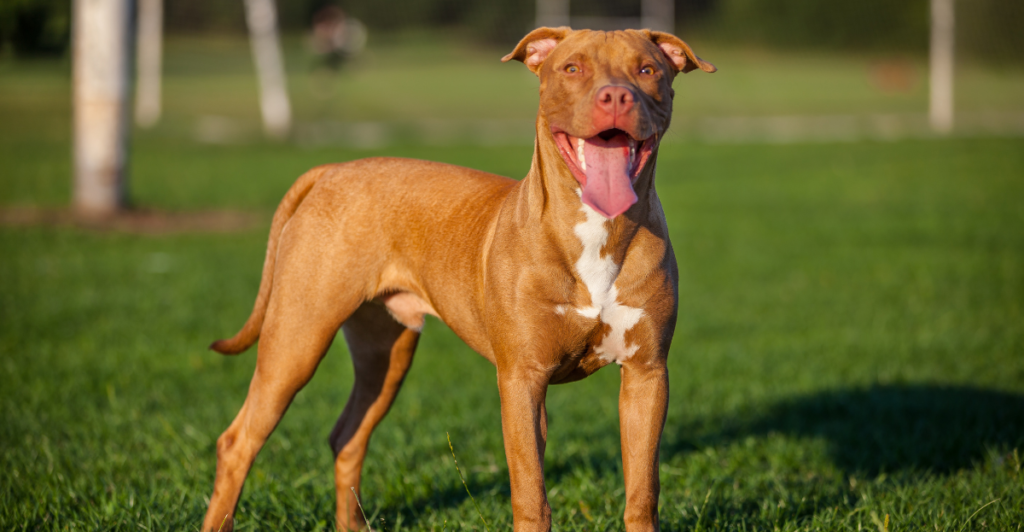
American Pit Bull Terriers have a sturdy, muscular physique and are extremely affectionate with humans. With other dogs, however, they become volatile.
While many Pit Bulls can live with other animals, they are dog-selective, so they will get along with some dogs but not others. Their protective and dominant personality can turn aggressive if they feel that their territory is being intruded upon.
Socialization and early training are will aid in managing their behavior, but they are not always ideal for multi-dog families unless supervised closely. Pit Bulls enjoy being in domestic environments where they can be the center of attention.
4. Jack Russell Terrier – Feisty and Fierce
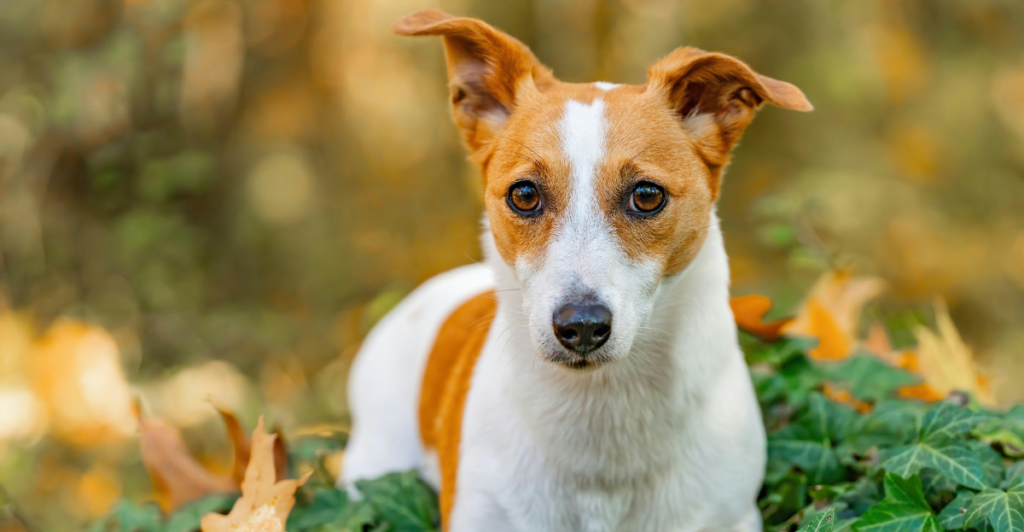
Jack Russells are small, high-energy dogs with a lot of prey drive. They were bred to hunt foxes and are known as feisty and tenacious dogs. They are very intelligent but will fight with other dogs, particularly if their space is being invaded.
They can be difficult to socialize, and most Jack Russells like to be left alone at home. Even if they are raised with other pets, their need to chase and dominate will get them into trouble.
To have a peaceful household, Jack Russells need early socialization and persistent training. This breed thrives in a busy household with a lot of activity.
5. Shar-Pei – Reserved and Reactive
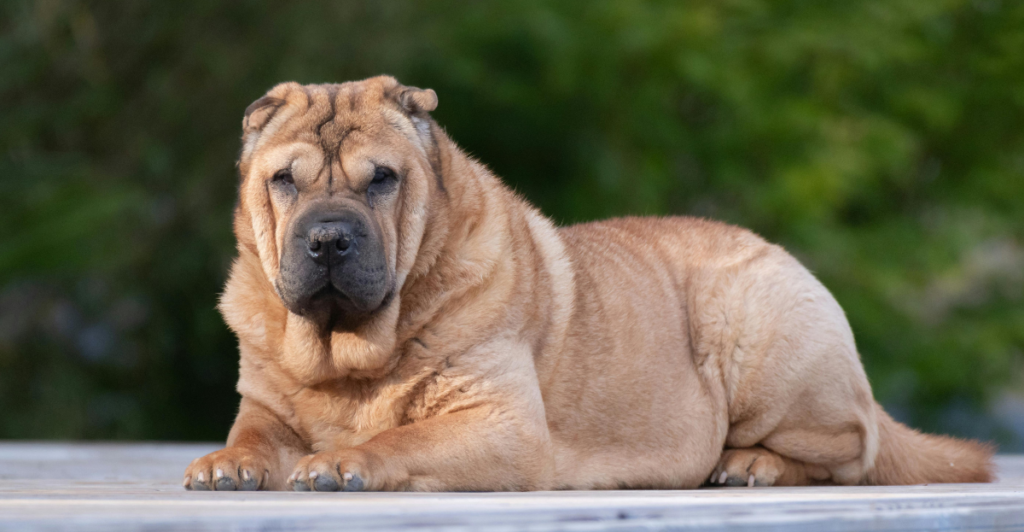
Shar-Peis have unique wrinkles and a serene, dignified nature. They are typically calm and reserved, particularly when it comes to socialization with other dogs. Though very devoted to their owners, Shar-Peis are territorial and may be unfriendly to strange dogs.
Their protective nature may cause them to be less receptive to other pets, especially dominant or commanding ones. Shar-Peis thrive in quiet, structured environments where they are the sole focus.
If you’re considering a Shar-Pei, it’s important to provide them with a stable routine, early socialization, and a calm household free from excessive stimuli.
6. Doberman Pinscher – Smart but Strong-Willed
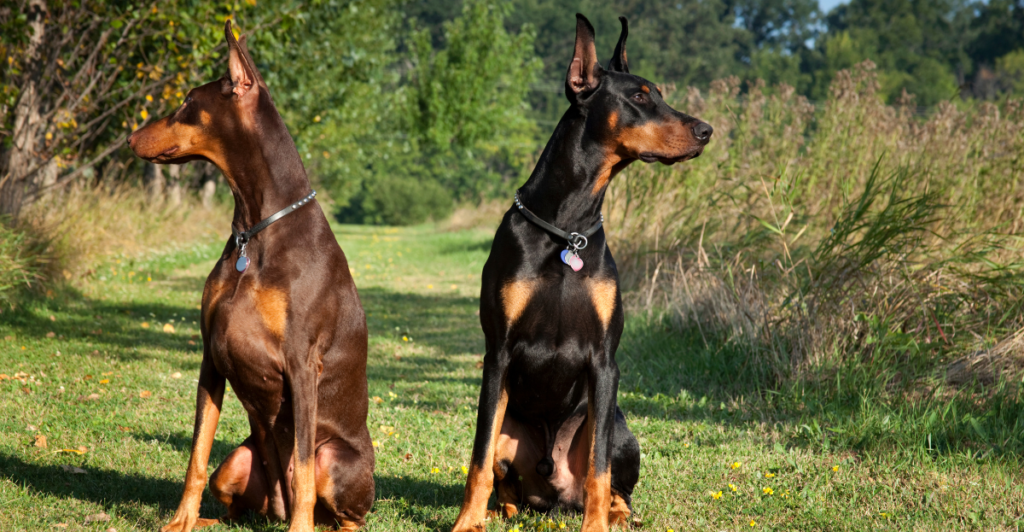
Dobermans are intelligent, loyal, and incredibly protective, which makes them excellent family dogs in the right environment. However, they can become aggressive toward other dogs when their territory is infringed.
Dobermans also have dominant personalities and should be socialized early on to keep them from being territorial. They can be trained quickly but may struggle in a family with multiple pets unless they are introduced and properly monitored.
Experienced owners, familiar with large and strong-willed breeds, will be well suited for such canines. Dobermans are perfect for individuals who desire a one-on-one relationship with a dog that is loyal, committed, and very protective of its family.
7. Dachshund – Little Hunter, Big Opinions
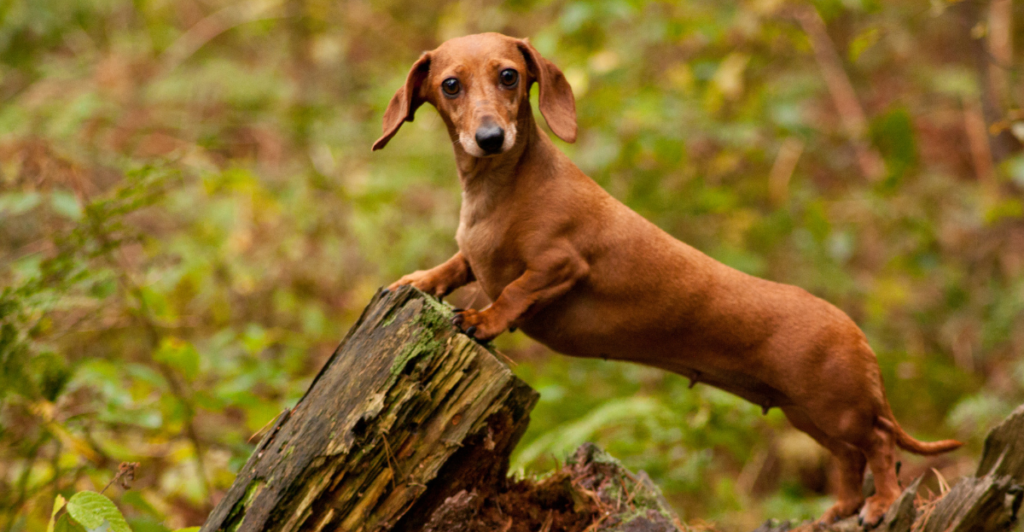
Dachshunds’ big characters are generally their own worst enemies when interacting with other dogs, despite their small size. Dachshunds were bred to hunt small animals, and they are intensely prey-driven and may act aggressively, especially toward larger dogs.
Dachshunds also have a stubborn character, and they are hard to train or socialize. If they are not trained regularly, they’ll be nasty to other dogs or even to human beings. Although some Dachshunds get along relatively well in households with several dogs, the majority of them prefer to be an only pet.
A Dachshund’s devotion to its master is significant, but they largely prefer to reign. It’s important to understand their need for independence and training for a peaceful, happy home.
8. Alaskan Malamute – Pack-Faithful, Dog-Discriminating
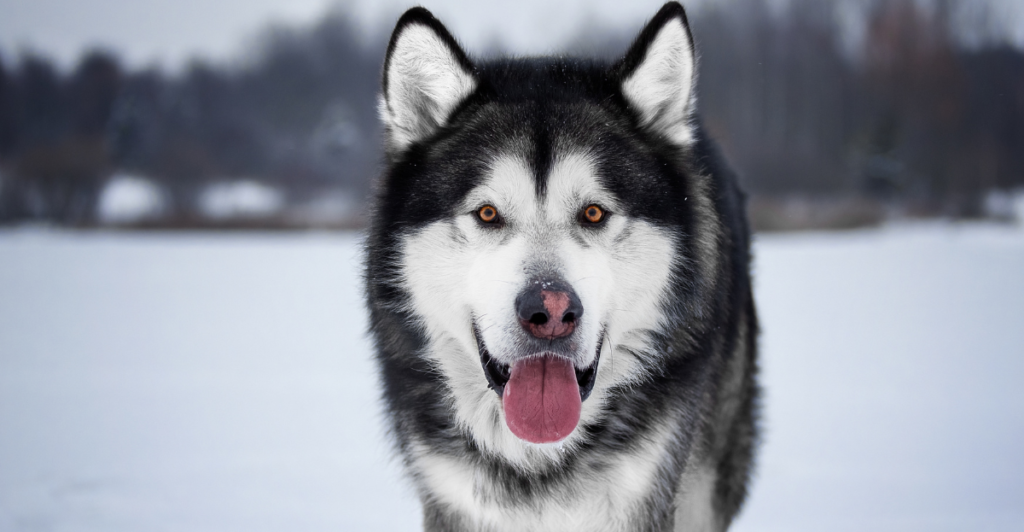
Alaskan Malamutes are independent strong dogs and sometimes wary of other dogs. Alaskan Malamutes were bred to live in packs, but this doesn’t necessarily equate to harmonious living with others of the same or different breed.
These dogs can be dominant and territorial, especially towards other headstrong dogs. Early training and socialization must be undertaken to avoid future conflict with other animals.
Alaskan Malamutes will do well in homes where they are the sole dog or where the other dogs are quiet and well-behaved. They need experienced owners who understand their physical and emotional needs.
9. Thai Bangkaew Dog
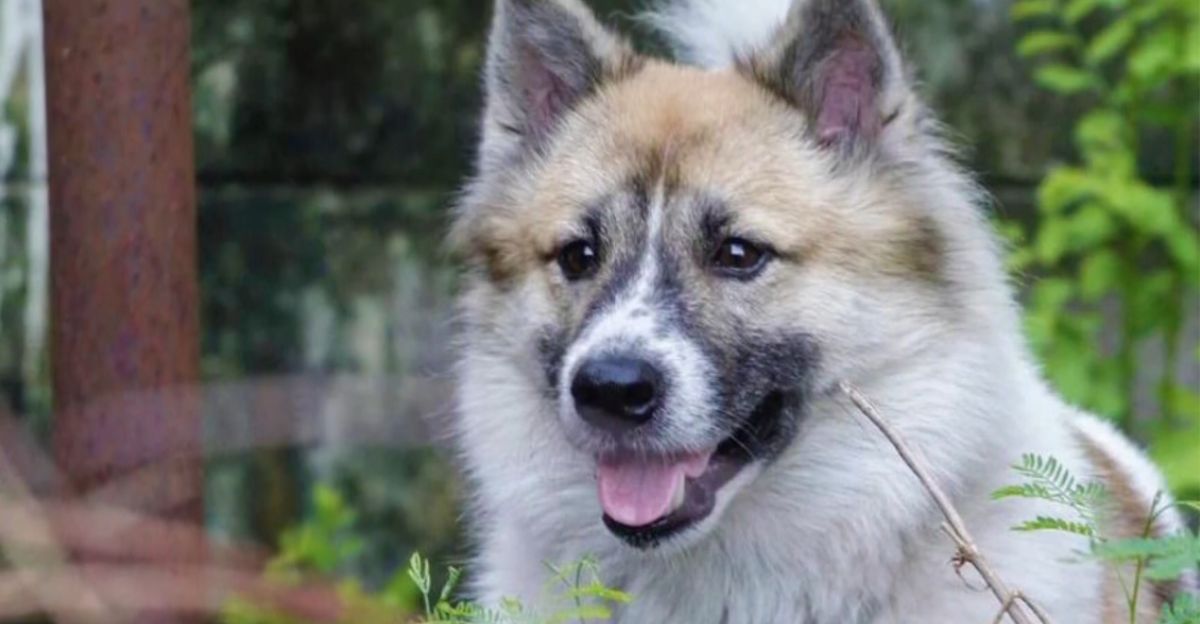
The Thain Bangkaew Dog is a rare spitz-type breed from central Thailand. They were initially bred to guard temples and homes. Although these dogs are incredibly loyal and intelligent, they are known for their suspicion of strangers and intolerance of unfamiliar dogs. Thain Bangkaew Dogs are extremely territorial and can become aggressive if they feel like their space is being invaded.
Antisocial Behaviors
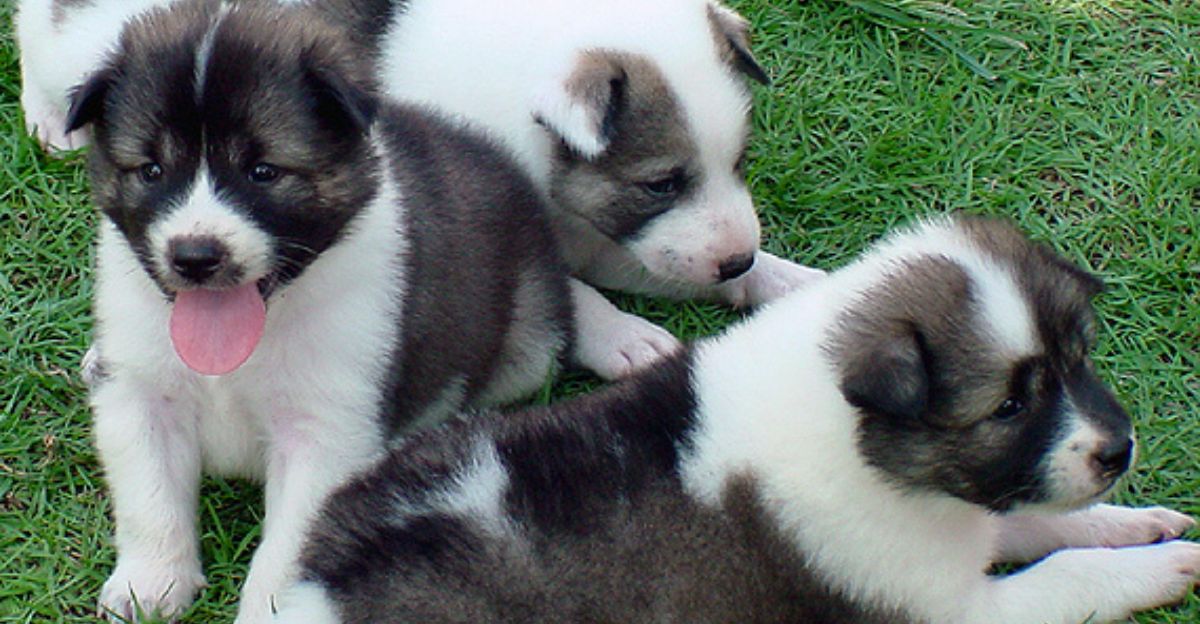
They require early exposure to various people and animals to prevent antisocial behaviors. Thain Bangkaew Dogs are also highly independent, which can make training challenging for first-time dog owners. If they are not socialized properly, they might try to dominate or lunge at other dogs. This breed best suits experienced owners who can provide consistent guidance and structure.
10. Kuchi Dog
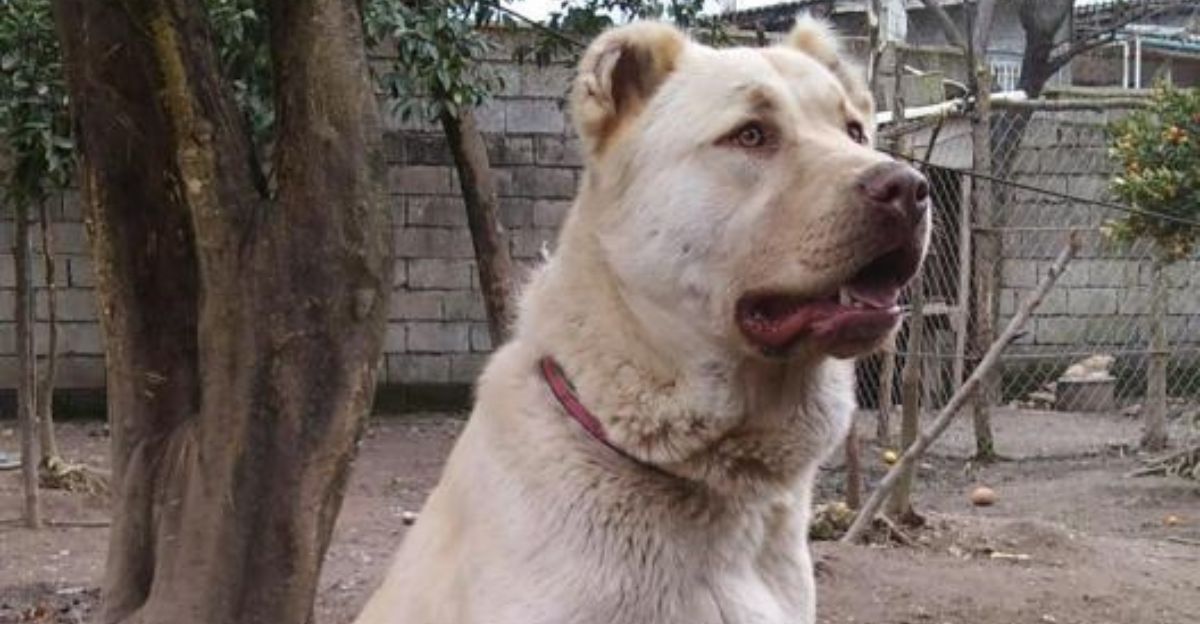
The Kuchi Dog, also known as the Afghan Shepherd, is a fierce and independent breed that was developed by nomadic tribes in Afghanistan to guard livestock. These dogs were never meant to be companion animals; they were bred for endurance, strength, and fearlessness in protecting herds from predators like wolves. Because of their strong guarding instincts, they are naturally wary of strangers, including unfamiliar people and other dogs.
Struggle To Adapt

Kuchi Dogs also struggle to adapt to city or suburban life, where regular interactions with other dogs are expected. Because of their protective nature, they are quick to challenge any perceived threat, including other dogs. These dogs are not ideal for multi-dog households unless they have been carefully raised with other animals from a young age.
11. Belgian Malinois
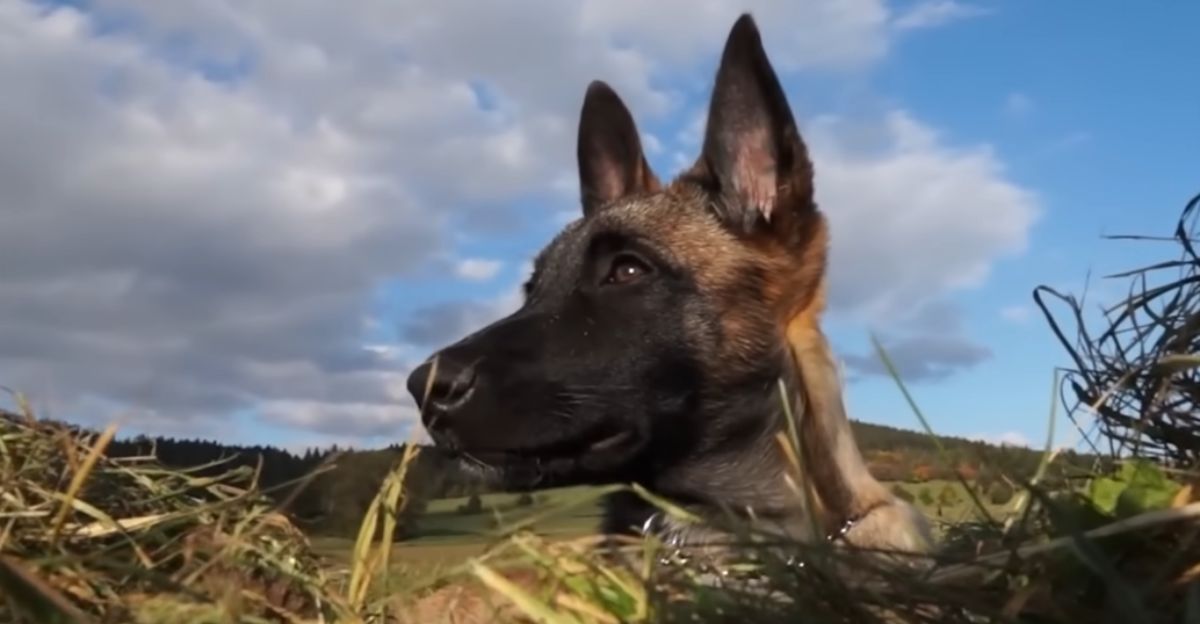
The Belgian Malinois is a high-energy working dog breed that is often used in military and police roles. Although these dogs are extremely intelligent and loyal, they are known for their intensity and need for structure. Malinois can be reactive toward other dogs, especially if they have not been adequately socialized from a young age. Their alertness can easily turn into territorial aggression, especially in unfamiliar environments.
Herding and Protection

Belgian Malinois were bred for herding and later protection work, and they can be wary of unfamiliar dogs if not well-socialized. They can become restless, reactive, or challenging to manage without strong guidance and plenty of physical and mental stimulation. This breed does best with experienced owners who know how dogs think and can set clear rules and structures to ensure safe interactions with other dogs.
12. Shikoku
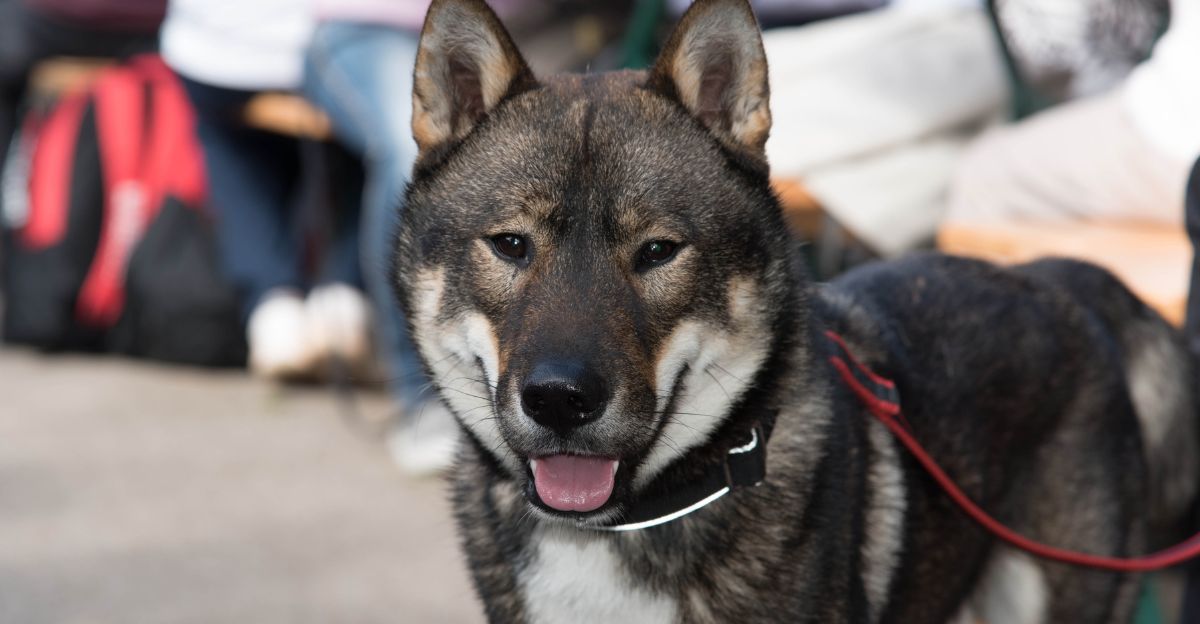
The Shikoku is a rare hunting dog from Japan that is known for its boldness, independence, and loyalty. While these dogs might look cute and cuddly, they often have trouble getting along with other dogs because of their high prey drive and natural pack instincts. Shikokus were bred to track and hunt wild boar and can be very territorial. They may not hesitate to confront unfamiliar dogs.
Dominant Behaviors
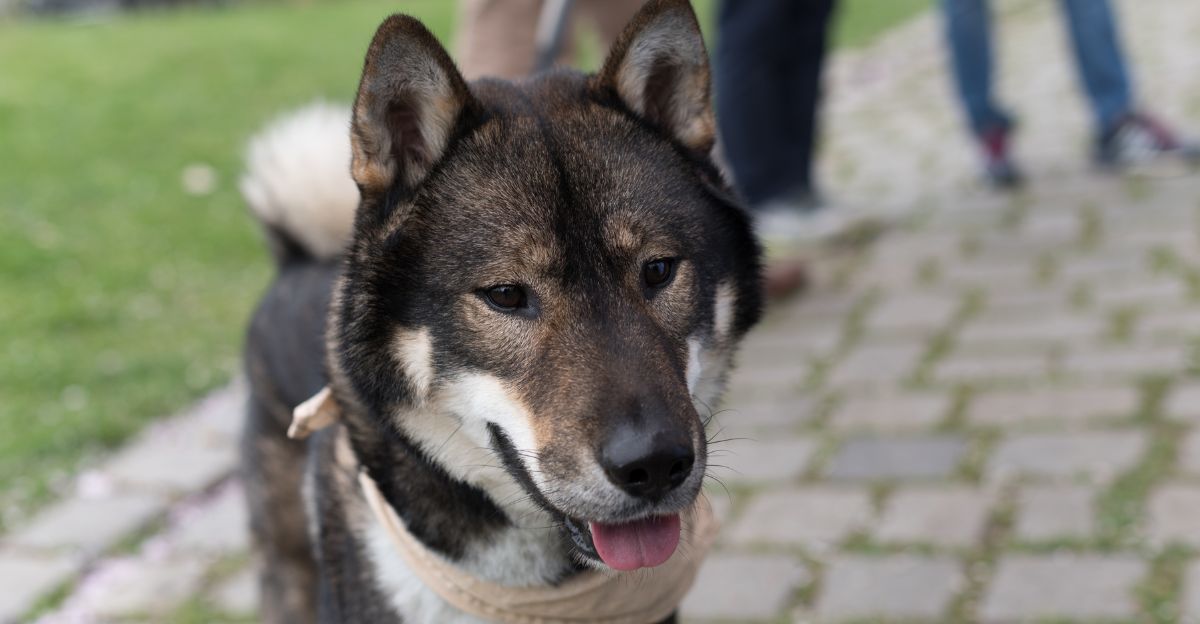
Although these dogs are not typically aggressive toward humans, they might act dominantly toward dogs of the same gender. Shikokus are also very cautious and reserved in new social situations, sometimes resulting in defensive behaviors. Owners must prioritize early socialization, exposure to various environments, and firm but patient training. Without consistent training, the Shikoku can become aloof, stubborn, or reactive.
13. Boerboel
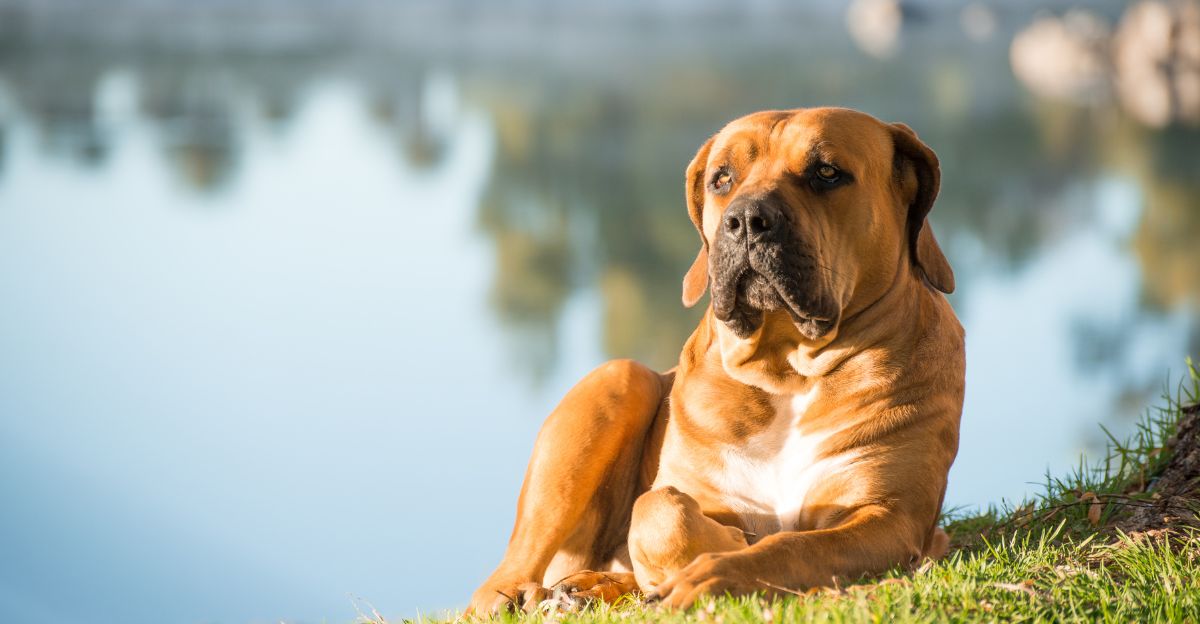
The Boerboel is a powerful South African mastiff that was bred as a family guard dog. While these dogs are usually affectionate with their family members, they often view other dogs as competition or threats. Their large size and strong build only intensify potential aggression, especially toward dogs of the same gender.
Independence and Protection
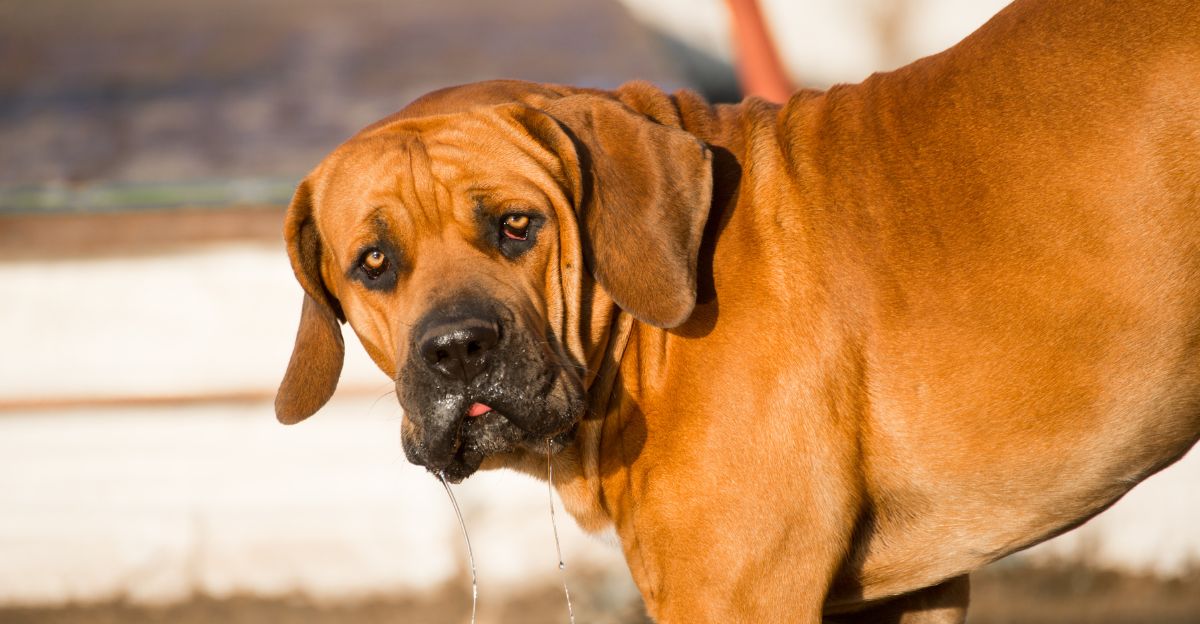
Bred for independence and protection, Boerboels can be hard to socialize and require early, ongoing exposure to other animals. These dogs do not usually back down from confrontation, which means that even minor conflicts can escalate quickly. They’re not ideal for homes with multiple dogs unless they have been introduced carefully as puppies.
Know Before You Adopt
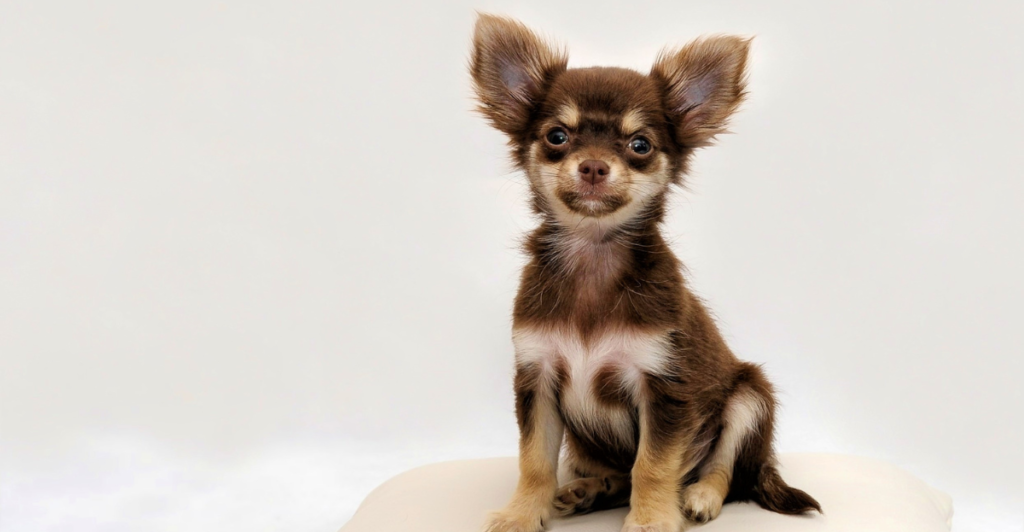
It’s good to keep in mind that not all dogs are cut out to be social butterflies. Knowing your dog’s breed and natural disposition is the best way to make a peaceful home.
Some dogs are just less tolerant of other pets and become stressed or aggressive in multi-pet homes. That doesn’t make them bad pets—it just means their best living situation may be a bit different.
If you’re considering adopting one of these breeds, it’s important to commit to proper training, socialization, and understanding their specific needs. A dog that isn’t friendly with other animals can still be a wonderful, loving companion, as long as their environment is right for them.
Explore more of our trending stories and hit Follow to keep them coming to your feed!

Don’t miss out on more stories like this! Hit the Follow button at the top of this article to stay updated with the latest news. Share your thoughts in the comments—we’d love to hear from you!







